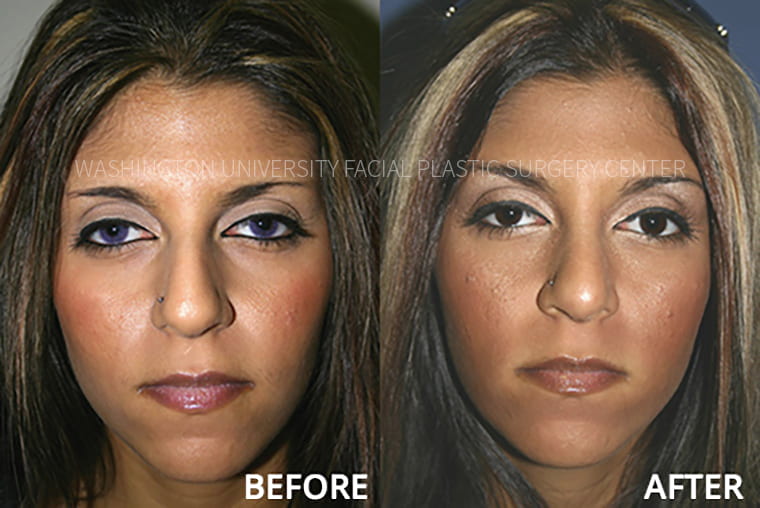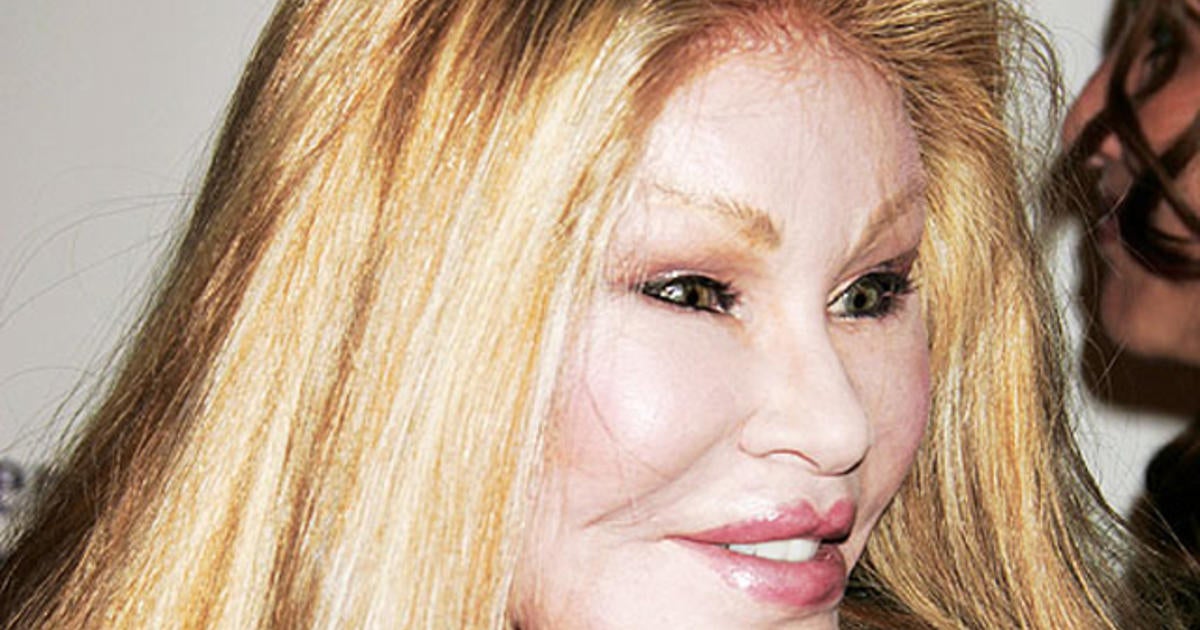Examining the Mental and Social Variables That Drive People to Consider Plastic Surgery as a way of Renovation
The decision to go after plastic surgery typically expands past simple aesthetics, intertwining with psychological and social dynamics that merit complete exam. Aspects such as self-worth, prevalent societal elegance requirements, and the pervasive impact of social networks converge to form private motivations for medical enhancement. As these impacts end up being increasingly prominent, recognizing the underlying emotional and cultural contexts is essential. What continues to be to be checked out is the profound influence these aspects have not only on individual identity but additionally on more comprehensive societal standards and values surrounding charm and acceptance.
The Function of Self-worth
Self-worth significantly influences an individual's choice to seek cosmetic surgical procedure. Individuals with reduced self-worth frequently view themselves in a negative light, leading to sensations of inadequacy concerning their physical appearance.

Eventually, the function of self-worth in the decision-making process concerning cosmetic surgery highlights the complex interaction between body picture, personal contentment, and mental health. Understanding this partnership is important for medical care professionals to guarantee that clients are making informed decisions rooted in practical expectations and emotional health.
Societal Appeal Requirements
Influenced by pervasive media representations and social narratives, societal elegance requirements play a critical duty fit people' perceptions of their own bodies. These standards are frequently characterized by an idealized form of elegance that stresses characteristics such as youthfulness, slimness, and symmetry. As these ideals are perpetuated through different networks, including film, marketing, and tv, individuals frequently internalize these messages, resulting in dissatisfaction with their natural look.
The effects of these societal norms prolong past aesthetic choices; they can influence self-worth, psychological health, and social partnerships. Individuals who view themselves as disappointing these standards may experience sensations of inadequacy, triggering a desire for cosmetic surgical treatment as a way of accomplishing societal approval. This pursuit is commonly sustained by the idea that complying with these ideals will certainly enhance not only physical appearance however likewise social standing and individual satisfaction.

Influence of Social Network
The effect of societal elegance standards is more magnified by the increase of social media platforms, where curated pictures and idyllic depictions of appeal are ubiquitous. Individuals are regularly revealed to filtered and edited photos, which typically illustrate unattainable physical features. This direct exposure cultivates a culture of comparison, leading individuals to analyze their own look versus these Recommended Reading commonly unrealistic criteria.
Social media influencers and celebs regularly promote cosmetic treatments, normalizing the idea that medical enhancements are a viable methods for accomplishing societal perfects (plastic surgery rancho cucamonga). The visibility of these enhancements can develop an understanding that undertaking plastic surgery is a typical method, thus affecting people to take into consideration similar treatments as a path to improved self-worth and social acceptance
In addition, the interactive nature of social media enables prompt feedback via likes and comments, further strengthening the desire to satisfy preferred elegance standards. Such interactions can aggravate feelings of inadequacy and drive individuals towards plastic surgery as a way of acquiring recognition. Eventually, social media sites plays a crucial duty in forming understandings of appeal, which considerably impacts the decision-making procedures surrounding plastic surgery.

Social Viewpoints on Appearance
Across various cultures, assumptions of look are deeply rooted in historical, social, and economic contexts, shaping people' views on appeal and charm. In several societies, appearance functions as a substantial marker of identification, affecting social status, specialist opportunities, and individual relationships. As an example, in some cultures, light skin is typically related to wide range and advantage, while others might glorify darker skin tones as signs of toughness and authenticity.
Additionally, typical elegance requirements are usually continued through social stories, media depictions, and family influences, bring about differing ideals across different areas (plastic surgery rancho cucamonga). In Western cultures, the emphasis on youth and fitness often drives people toward cosmetic enhancement, while in specific Eastern cultures, even more refined changes lined up with typical aesthetics might be chosen
Globalization and the expansion of electronic media have actually even more complicated these dynamics, creating a hybridization of appeal hop over to here ideals that goes beyond geographical boundaries. As people significantly browse these cultural narratives, the pressure to adapt specific appearance criteria can bring about the desire for plastic surgery, mirroring a complicated interaction of cultural values and individual aspirations. Recognizing these cultural point of views is necessary in attending to the motivations behind cosmetic surgery factors to consider.
Emotional Influences of Aesthetic Surgical Treatment
Numerous people looking for plastic surgery report experiencing profound psychological effects that can significantly modify their self-perception and psychological health - plastic surgery rancho cucamonga. The desire for physical improvement typically originates from underlying concerns such as reduced self-confidence, body dysmorphic condition, or societal pressures relating to elegance requirements. For some, the immediate post-operative phase can bring about a short-lived boost in self-esteem and fulfillment with their look, promoting a feeling of empowerment
Nevertheless, these positive feelings may not be withstanding. Research study indicates that while some people experience enhanced self-esteem, others might encounter intense anxiety or clinical visit this page depression if their assumptions are not satisfied. This inconsistency can arise from impractical perfects bolstered by media depiction and social narratives surrounding appeal.
Moreover, the emotional ramifications of plastic surgery prolong beyond the individual. Relationships with friends and family may be stressed as social characteristics shift, bring about feelings of isolation or alienation. Inevitably, the emotional influences of cosmetic surgical treatment are complex and complex, calling for cautious consideration by both prospective individuals and healthcare providers to make certain enlightened decision-making and practical assumptions.
Conclusion
Finally, the decision to go after cosmetic surgery is dramatically influenced by a mix of self-worth issues, societal appeal standards, and cultural point of views on appearance. The prevalent reach of social media sites further worsens these stress, promoting unrealistic ideals that people typically make every effort to achieve. Recognizing these emotional and social factors is important for addressing the inspirations behind plastic surgery, highlighting the requirement for a more nuanced conversation bordering elegance and self-acceptance in contemporary culture.
The decision to seek cosmetic surgery usually expands past mere looks, intertwining with emotional and social characteristics that merit detailed assessment. Ultimately, social media plays an essential function in shaping perceptions of beauty, which dramatically affects the decision-making procedures surrounding cosmetic surgical treatment.
As people significantly browse these cultural narratives, the pressure to adjust to details look standards can lead to the wish for cosmetic surgery, showing a complex interplay of individual goals and social worths.In conclusion, the choice to pursue cosmetic surgical treatment is significantly affected by a mix of self-worth issues, social charm criteria, and cultural perspectives on look. Comprehending these social and psychological variables is crucial for addressing the motivations behind cosmetic surgery, highlighting the need for a more nuanced conversation surrounding beauty and self-acceptance in modern society.